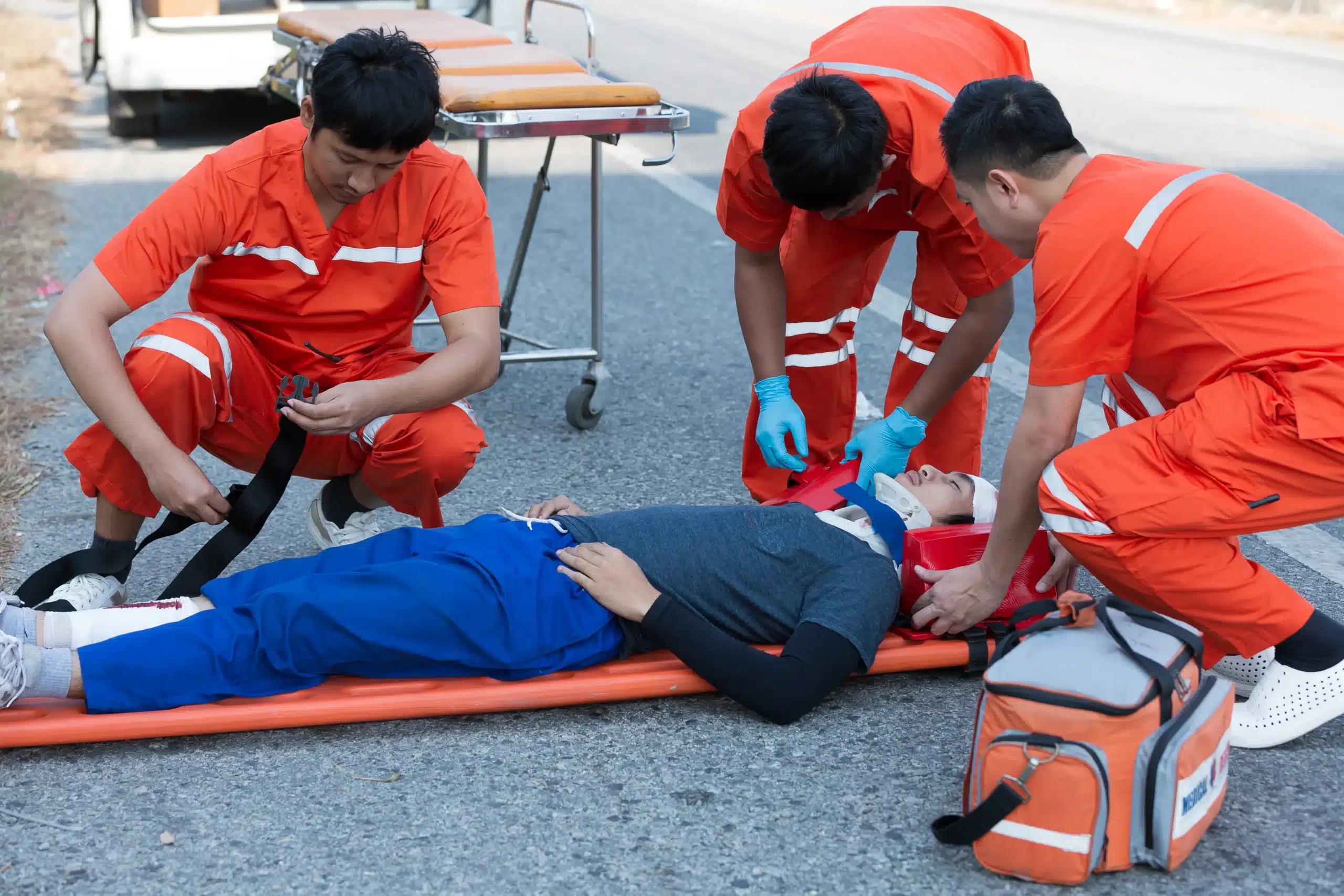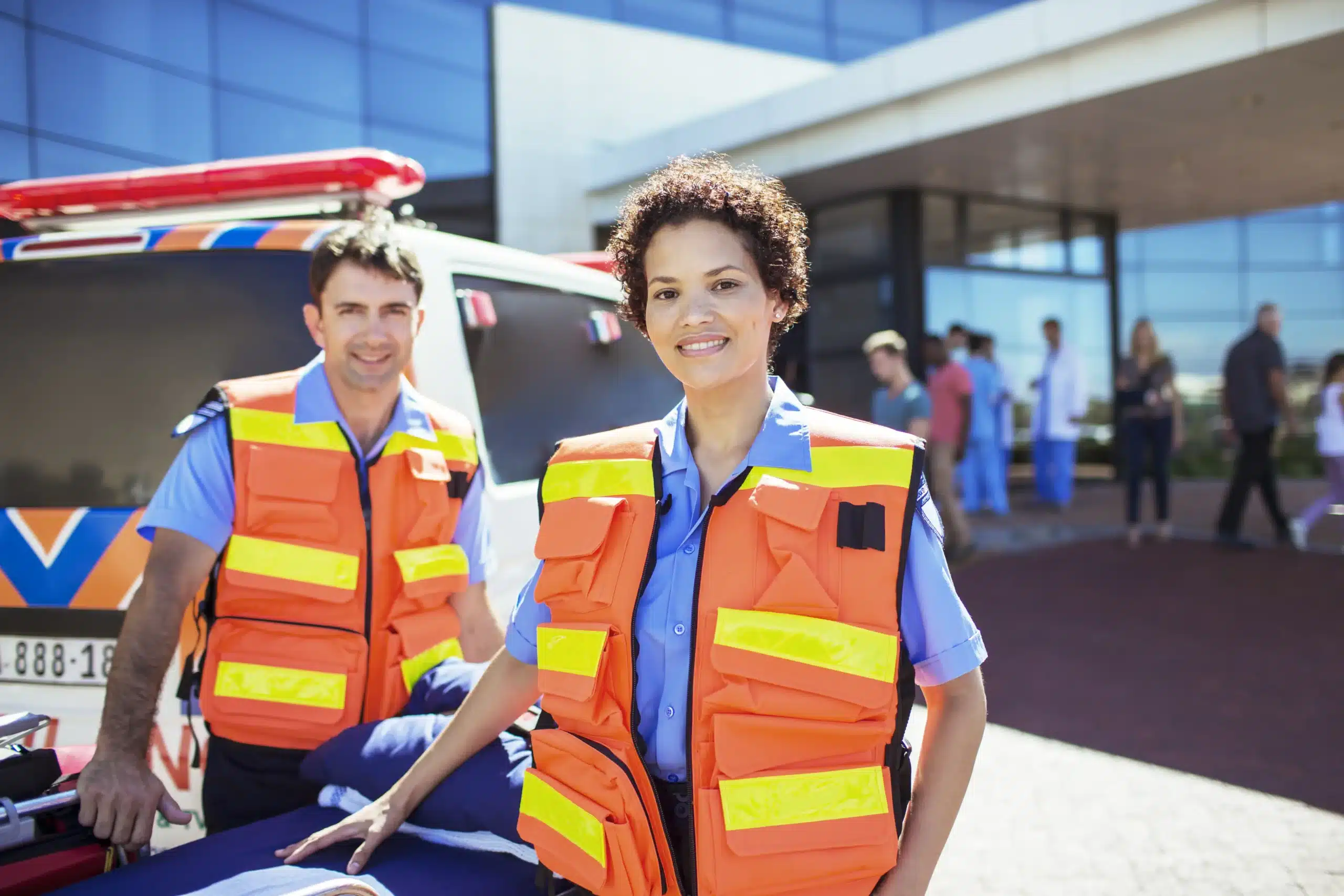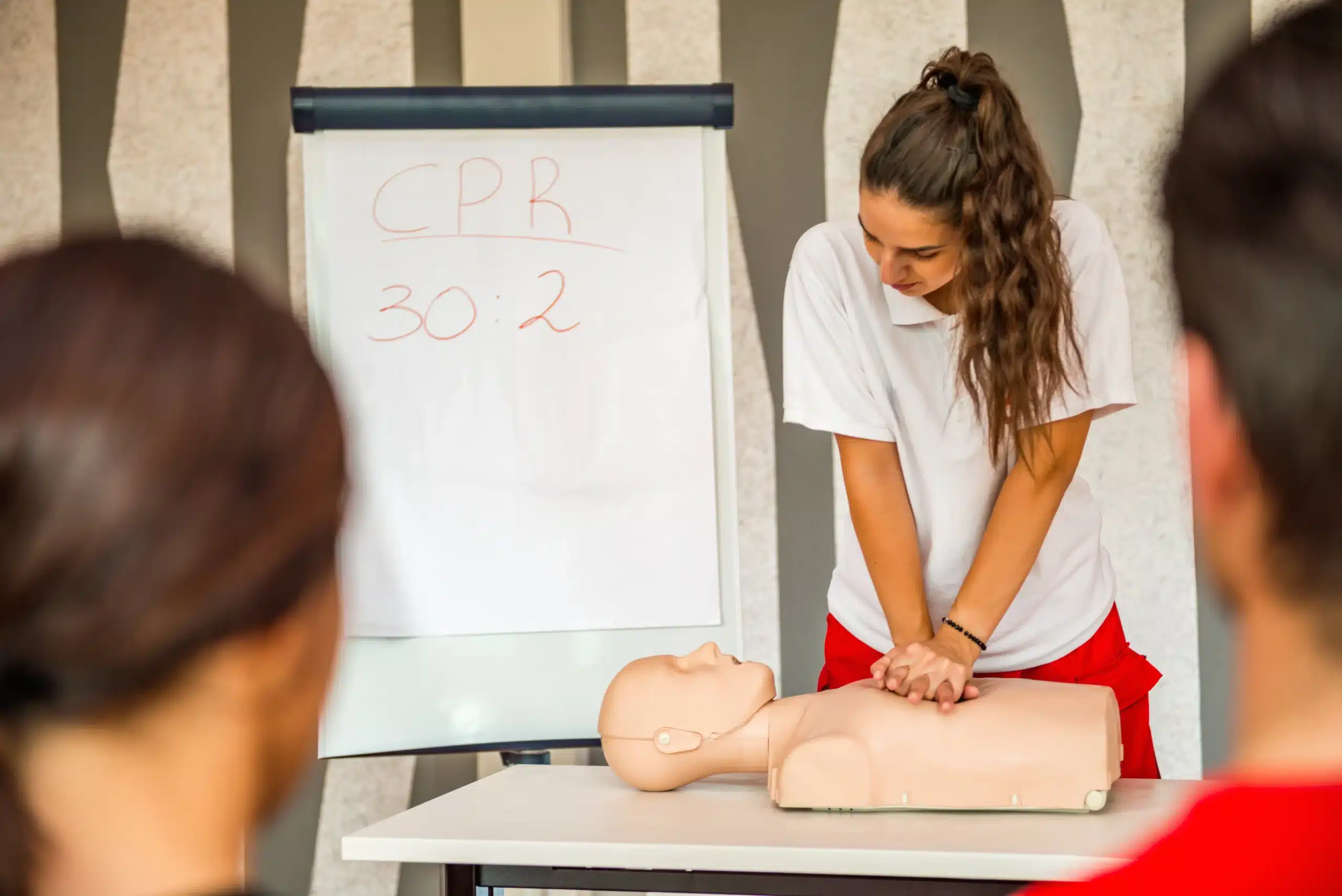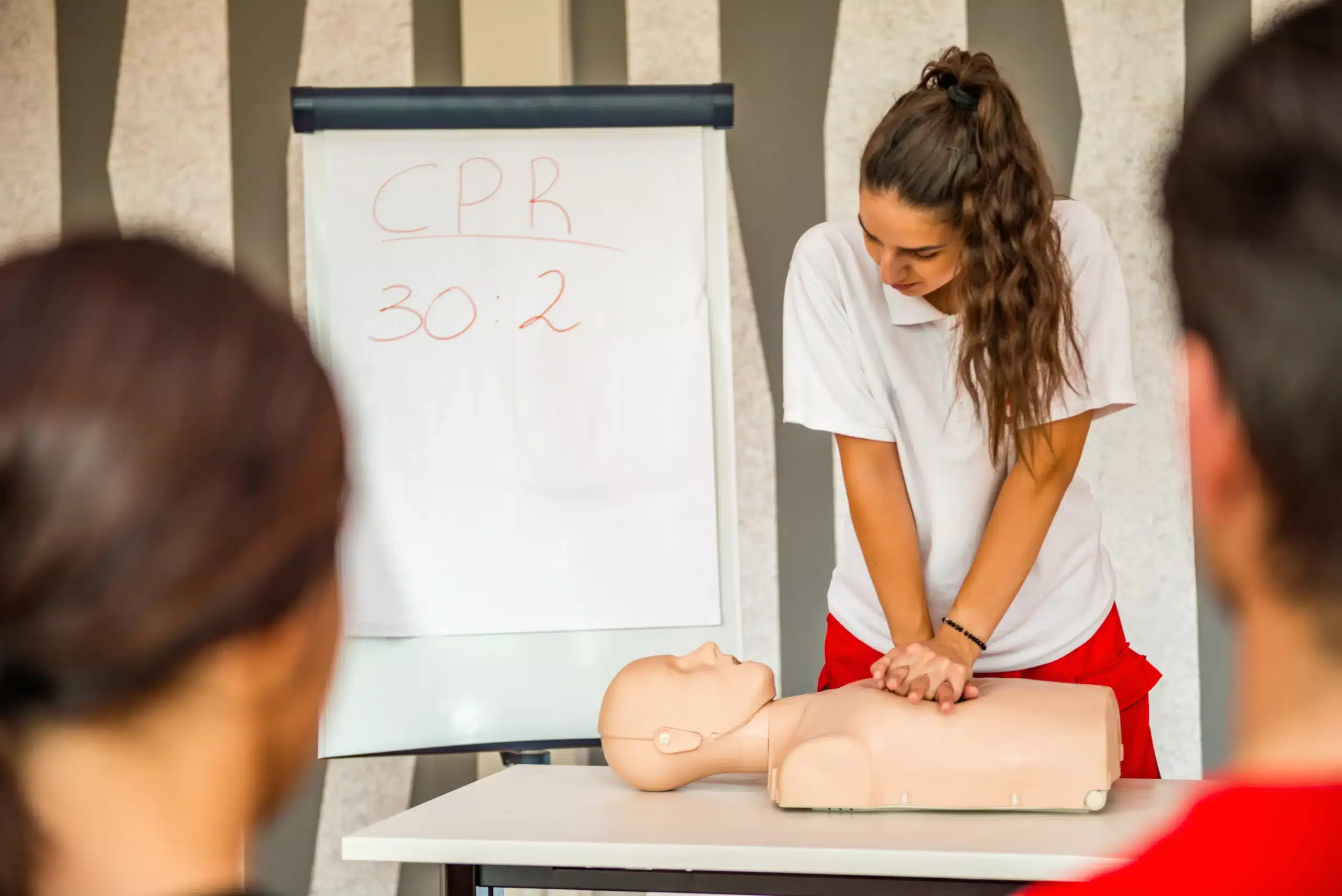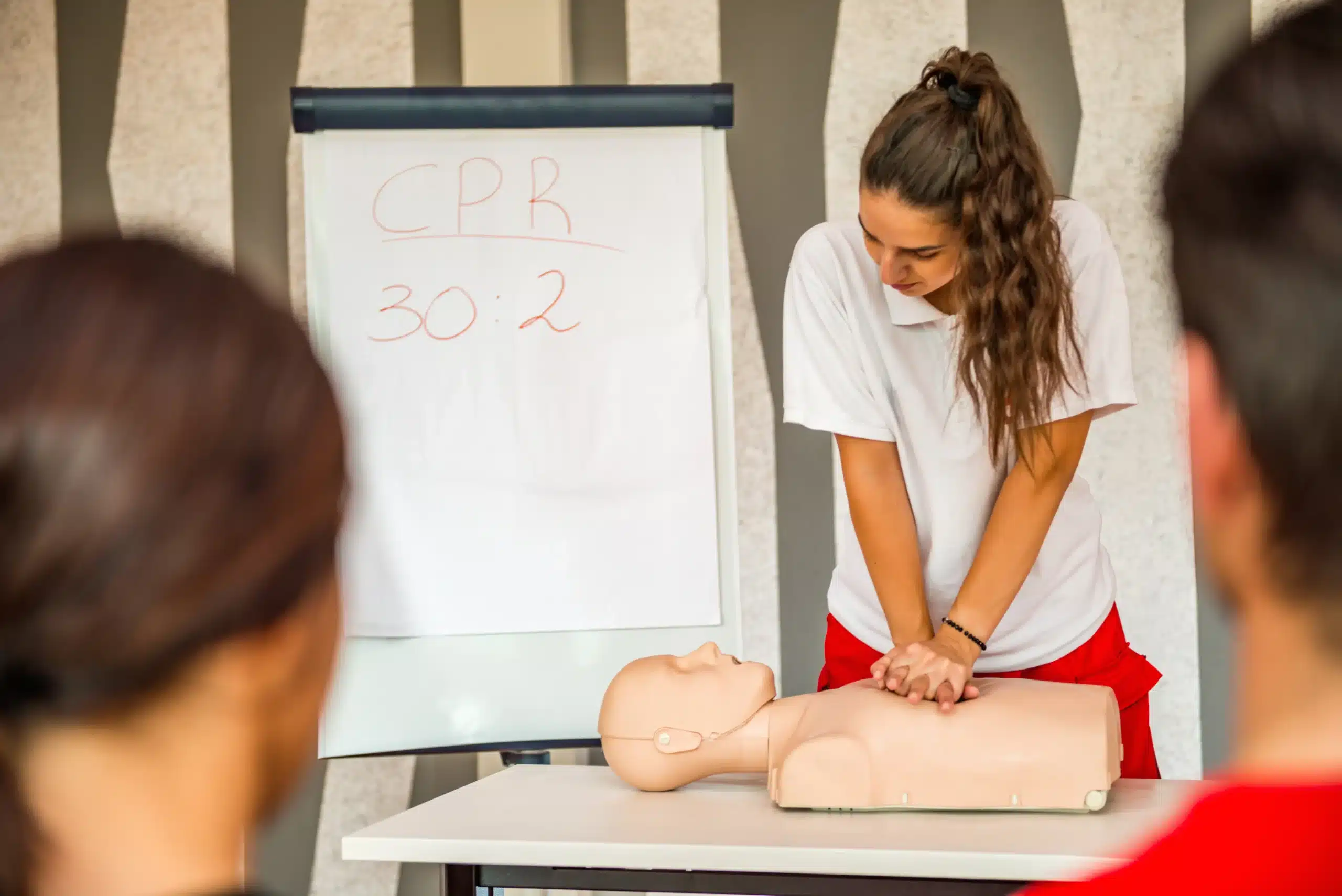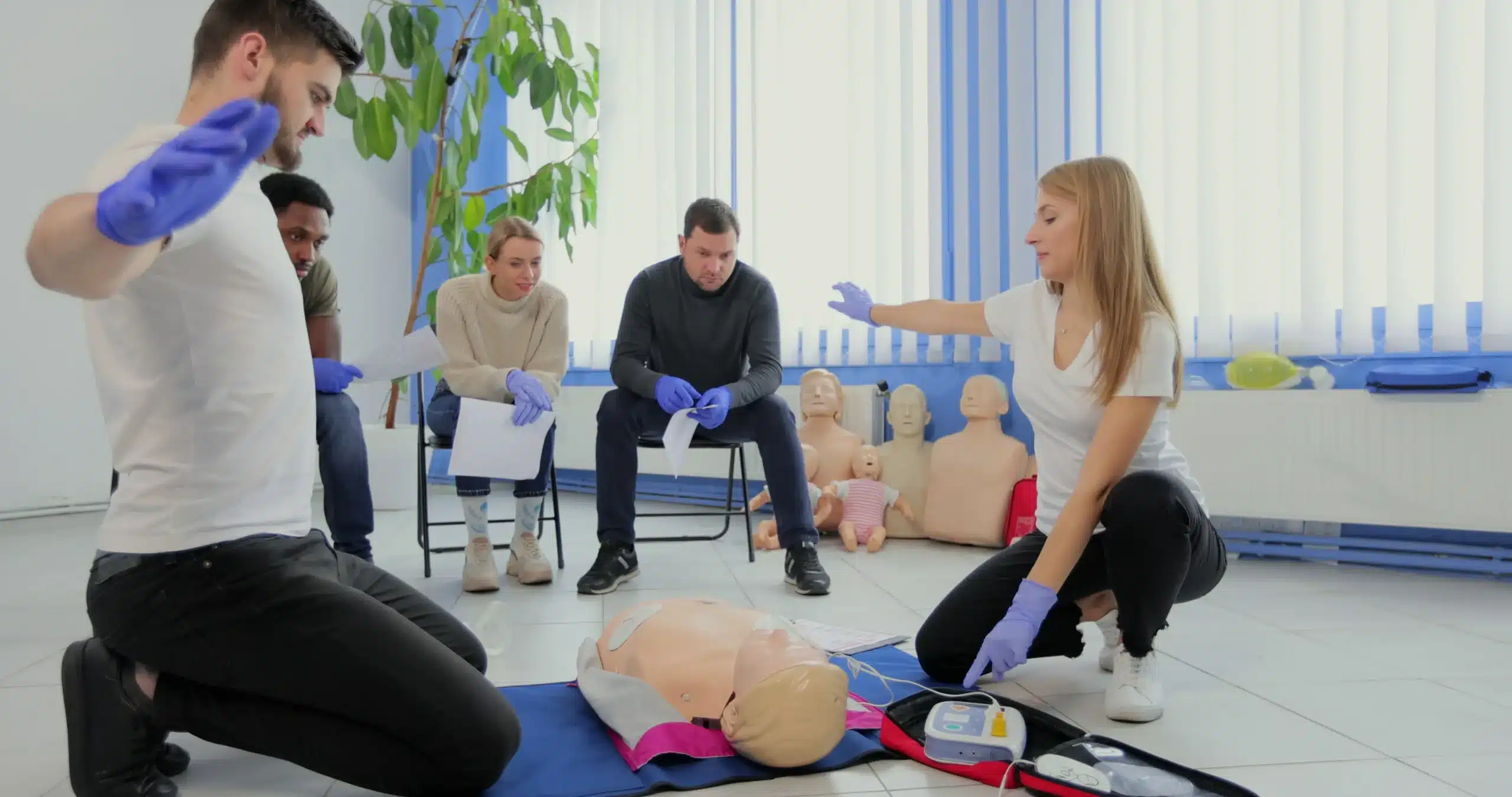Cardiopulmonary Resuscitation, or CPR, is a life-saving procedure that can mean the difference between life and death in medical emergencies. Studies show that administering CPR can double or even triple a person’s chances of survival during cardiac arrest. While the focus of CPR is often on immediate survival and physical recovery, there’s another layer of healing that many overlook — the psychological recovery process for CPR survivors.
Surviving a cardiac arrest or similar traumatic event comes with emotional weight. Fear, confusion, and anxiety are just a few of the emotions people experience after being resuscitated. These mental health challenges, while often invisible, are deeply impactful. This guide explores the psychological hurdles CPR survivors encounter and outlines practical coping strategies to foster emotional recovery and well-being.
Whether you’re a CPR survivor or supporting someone who is, this resource will guide you through understanding the emotional aftermath of resuscitation and the steps needed to promote mental recovery.
Understanding the Psychological Impact of CPR
Experiencing CPR is both physically and emotionally intense. Survivors often report a whirlwind of emotions, ranging from gratitude to fear, within their recovery process. Here’s a closer look at the psychological toll of surviving CPR.
Immediate Emotional Responses
The aftermath of CPR often brings an array of acute emotional reactions:
- Fear and Confusion: CPR survivors commonly feel disoriented after the life-saving event. The process of being resuscitated can be startling and even traumatic.
- Acute Stress Disorder (ASD): Survivors may experience flashbacks, heightened anxiety, or a lingering sense of hypervigilance in the days or weeks following their near-death experience.
Long-Term Effects on Mental Health
While the immediate aftermath is challenging, the long-term psychological impact can be even more profound:
- Post-Traumatic Stress Disorder (PTSD): Many survivors develop PTSD, characterized by recurring memories of the event, emotional numbness, or heightened arousal.
- Depression: The reality of coming close to death can trigger feelings of hopelessness or sadness, often requiring professional intervention.
- Survivor’s Guilt: Some individuals wrestle with guilt, questioning why their life was saved while others might not have been as fortunate.
- Questioning Mortality: CPR survivors frequently reflect on their own mortality and purpose in life, sparking existential questions that can lead to feelings of distress.
It’s worth noting that these mental challenges are not uncommon. Studies indicate that nearly 25-30% of individuals who survive cardiac arrest report symptoms of PTSD. Additionally, depression and anxiety occur at higher rates among this group compared to the general population.
Acknowledging the Invisible Wounds
The physical scars of a medical emergency may fade, but psychological scars often linger. Understanding the emotional impact is a crucial first step toward recovery.
Coping Strategies for Survivors and Families
Rebuilding emotional well-being after CPR requires a proactive approach. Thankfully, there are proven strategies to promote psychological recovery. Here’s how survivors and their loved ones can help facilitate emotional healing.
1. Mindfulness-Based Techniques
Mindfulness practices can help ease stress and bring clarity during turbulent moments. Consider these tools:
- Meditation: Spend 5-10 minutes daily focusing on your breath to quiet the mind. Apps like Headspace or Calm can guide beginners.
- Journaling: Write thoughts, emotions, and reflections to gain greater perspective on the recovery process.
- Yoga: Engage in gentle, restorative yoga to combine movement with mindfulness, helping the mind and body heal together.
2. Build a Strong Support Network
The right support can make a world of difference.
- Family and Friends: Open communication with loved ones ensures you won’t feel isolated while navigating recovery.
- Survivor Support Groups: Joining spaces such as the American Heart Association’s survivor forums allows you to connect with others who’ve had similar experiences.
3. Lifestyle Adjustments
Adopting healthy habits fosters holistic recovery:
- Exercise: Engage in light physical activity approved by your doctor. Movement releases endorphins that naturally enhance mood.
- Nutrition: Focus on a balanced diet and stay hydrated to fuel both your body and mind.
- Sleep Quality: Prioritize your sleep schedule to enhance emotional resilience during challenging days.
4. Seek Professional Help
Sometimes, professional guidance is necessary:
- Therapists and Counselors: Look for specialists trained in trauma or health-related stress. They can provide helpful coping mechanisms tailored to a survivor’s experience.
- Choosing the Right Mental Health Professional: Ensure the therapist is experienced with trauma recovery and understands the challenges unique to medical emergencies.
Taking small, manageable steps builds an effective path forward. Everyone’s healing timeline is different, but incorporating these tools will foster steady emotional growth.
Why Psychological Recovery is Essential
Prioritizing psychological recovery doesn’t just improve mental health—it also enhances physical rehabilitation. Chronic stress or unresolved emotional struggles can strain the body, slowing the healing process. By addressing mental health, survivors can reduce this burden and feel better equipped to regain their strength.
Furthermore, focusing on emotional well-being improves quality of life. Survivors who take charge of their psychological recovery report feeling more hopeful, energized, and empowered.
Healing the mind and body together strengthens the foundation for full recovery.
Take Action Toward Mental Resilience
Recovery isn’t just about rehabilitating the body—it’s also about fostering emotional health. CPR survivors demonstrate remarkable resilience by facing life’s fragility head-on and emerging stronger than before.
If you or someone you know is navigating the road to recovery, remember that help is available. Whether through mindfulness practices, professional counseling, or engagement in support networks, there are avenues to restore balance and mental well-being.
Lastly, if you’d like to make a difference, consider becoming trained in CPR. Certification programs, such as those offered by Safety Training Seminars in Concord like CPR and First Aid, Basic Life Support (BLS), Pediatric Advanced Life Support (PALS), and Advanced Cardiac Life Support (ACLS), not only equip you with life-saving skills but also prepare you to support others emotionally after resuscitation. Click here to get started.
Share this guide with someone who might benefit. Together, we can spread awareness of both the physical and psychological healing journeys CPR survivors undertake.



